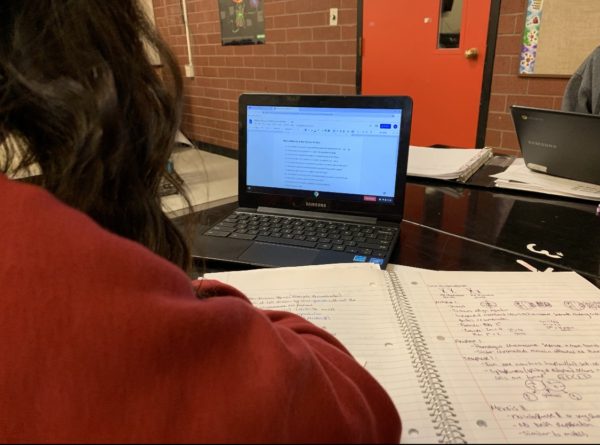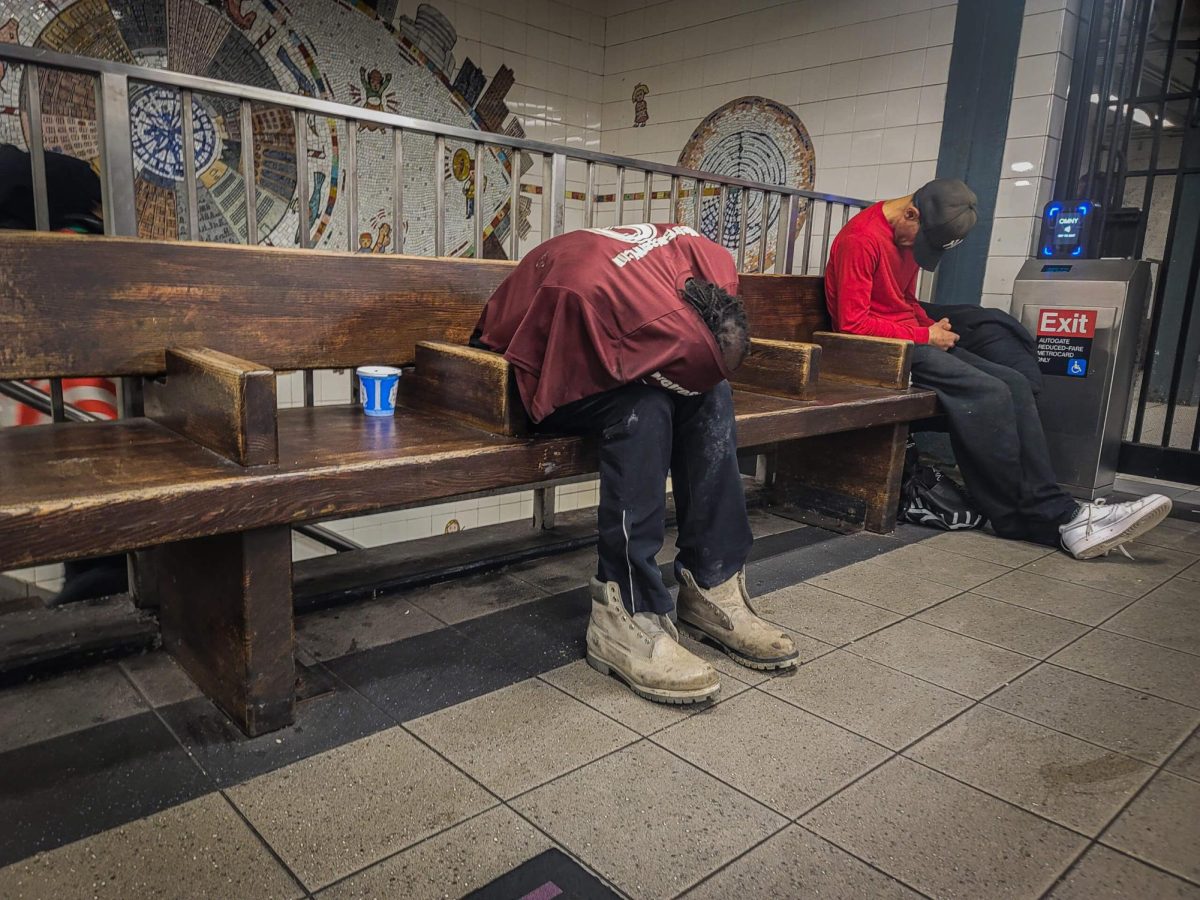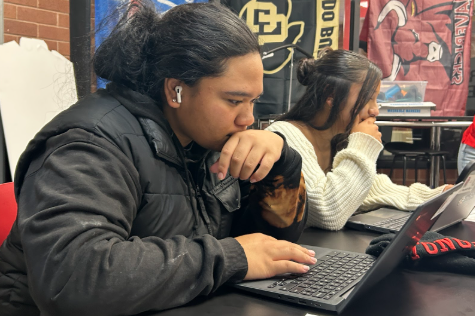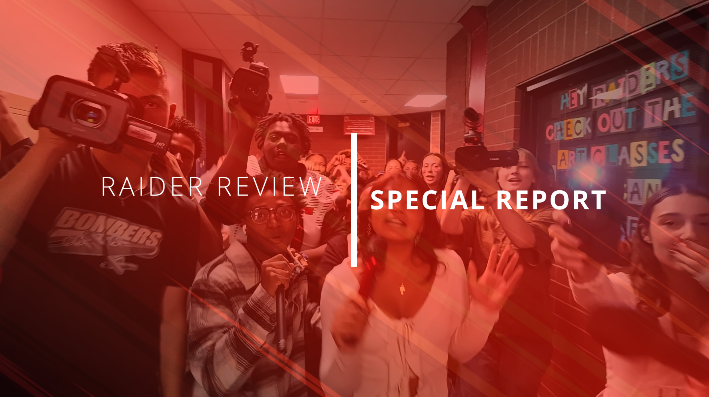Feature Photo By: Elizabeth Serrano Mier – Students study for their biology exam. In biology, nothing related to the topic of sexual relations is ever brought up despite it being a class about the human body.
Sex education is a topic many students and teachers don’t like to address in schools since there are so many different perspectives on it. In Colorado, there is a bill that requires schools to teach with an “abstinence-only” theme regarding sex education, which forms around the idea of not having sex outside of marriage and it excludes methods of birth control and healthy sexual relations. However, there is an opposing bill in the process — the bill allows schools to teach everything when it comes to sexual activities.
“You teach abstinence, if that’s not a reality for your world then you have to teach the birth control, it all has to be taught together, it’s all-inclusive. Its like teaching social studies, you teach it all. You don’t just teach one side of the story and not the other,” says social studies teacher Mrs. Walsh.
The House Bill 19-1032 is still undergoing procedures to ensure its official passing. The bill was introduced on January 4th, 2019; it went through engrossment on both February 15th and the 19th.
Sex education isn’t emphasized as much in Aurora Public Schools but abstinence sex education is still taught throughout the state. With the bill, sex education will be more open and filled with more information for students to access.
In Aurora Public Schools, sex education in high school is not required since in the past, not many students liked taking it so it is not taught at all. With the passing of the bill, it wouldn’t have much effect on Rangeview students–the bill is not requiring districts to teach sex-education. The bill holds the requirements of what has to be taught for those schools with sex-education access.
The importance of the bill can still be recognized due to its later impact it could have on Aurora Public Schools if the district decides to ever teach sex-education again. With the bill passing, it helps encourage schools to teach sex-education since its filled with more information for diverse communities such as Rangeview High School.

Through the House Bill 19-1032, schools that lack resources could gain funds if they would like to provide sex-education classes. Also through this bill, public charter schools can’t opt out of the requirements.
The bill is still important since it is a huge change for the LGBTQ group. It allows the expanding of knowledge around the LGBTQ community. If the bill is officially passed, the districts that provide sex-education cannot exclude sexual relations involving the LGBTQ community.
“I think it should definitely happen especially for that community…if there’s more education on LGBTQ sex it will be beneficial and then they will not feel left out and think it’s up to them to find out for themselves,” junior William Cantero says.
The bill isn’t just for LGBTQ knowledge though, there are many other requirements on what has to be taught in the sex-education classes. If the classes teach pregnancy, all forms of prevention and options have to be included: abortions, plan B, birth control, etc. Also, healthy relations and consent are also required.
“It shouldn’t be forced upon all students, just for the ones that really need it or are interested in it since everybody’s situation is different,” junior Brayan Chino says.
Many oppose the bill due to the focus on abortion and LGBTQ which the bill focuses on; they feel as if it’s requiring students to go through an abortion or LGBTQ actions. The bill also excludes any religious ideology with the teachings. As many parents are considered over these new changes, the bill does provide an option for parents to opt their students out of the class.
“You can’t just teach abstinence only because that’s just not the reality for so many people,” says Mrs. Walsh.
Last Thursday, February 28th, the bill passed on a vote of 3-2 in its first hearing in the Senate by the Health and Human Services Committee. The bill will now move into the hearing by the Senate Appropriations Committee soon.















